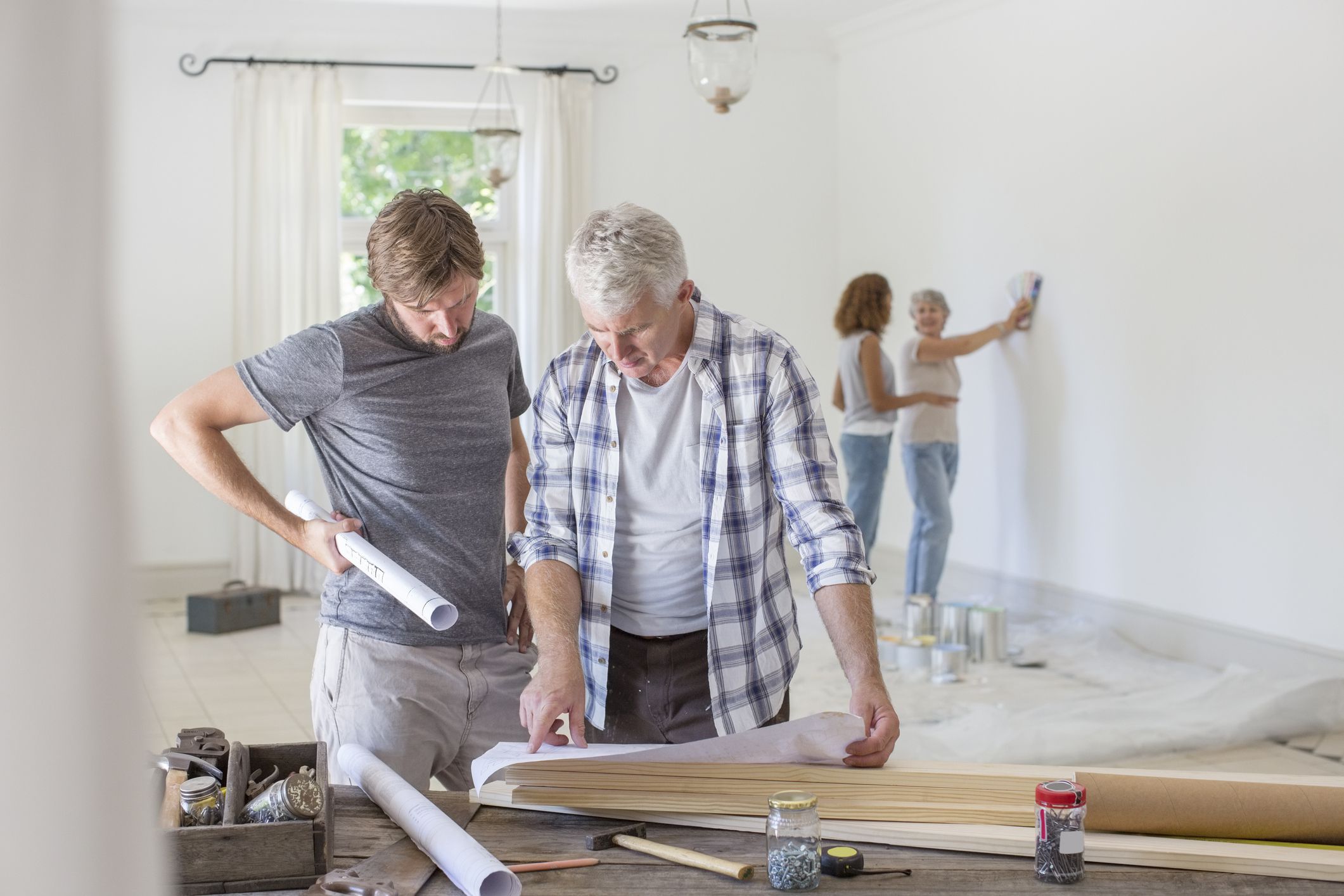No one ever said that building a home would be easy. Many people go into the process thinking that it will be a cakewalk, only to find out that there are a lot of potential pitfalls. If you’re not careful, you could spend a lot more money than you anticipated, or worse, end up with a home that doesn’t meet your expectations. But, of course, with proper preparation and planning, you can make the process smoother and less stressful. Here are some tips to help you out.

1. Do your research
This may seem like a no-brainer, but it’s important to do your research before you start the home building process. Your research should include finding out the average cost of home construction in your area, talking to other people who have built homes, and reading up on the different steps involved in building a house. This will help you go into the process with realistic expectations and avoid any surprises along the way.
2. Know what you want
Another important tip is to know exactly what you want before starting the home building process. This means having a clear idea of the size, layout, and style of home that you want. Work with an architect to draw up plans for your dream home. This will make the construction process much easier and less stressful, as you’ll know exactly what you’re working towards.
3. Make a realistic budget
Of course, you need to make a realistic budget before starting the home building process. You should take into account all of the potential costs involved, from the cost of the land to the cost of materials and labor. It’s important to be realistic about what you can afford to avoid going over your head financially. Think about getting pre-approved for a construction loan to have a better idea of what you can afford.
4. Find the right builder
One of the most important decisions you’ll make during the home building process is choosing the right builder. Take your time to interview different builders, ask for references, and look at their previous work. Ask about the equipment they have and if they will need to rent backhoes, excavators, etc. Find out what their policies are regarding changes and modifications to the plans.
It’s also a good idea to get a sense of their communication style and whether they seem like they would be easy to work with. Remember, you’ll be working closely with your builder throughout the entire process, so you must choose someone you’re comfortable with.
5. Get everything in writing
Once you’ve chosen a builder, it’s important to get everything in writing. This includes the construction contract and any agreements you have made with your builder regarding changes to the plans, schedule, etc. This should help to avoid any misunderstandings and disagreements during the build. Try to be as detailed as possible in your contract to avoid any confusion.
6. Stay involved
Throughout the entire process, it’s important that you stay involved. This means regular communication with your builder, checking in on the progress of the construction, and being available to answer any questions or address any concerns. If you’re not involved, it’s easy for things to go off the rails. Remember that you’re the one in charge, and it’s your responsibility to make sure that everything goes smoothly.
7. Be prepared for problems
No matter how well you plan, there’s always a chance that something will go wrong during the construction process. It’s important to be prepared for this and have a plan in place for how you will deal with any problems that arise. Talk to your builder about what their policies are for dealing with construction problems. You should also have a contingency fund set aside in case any unexpected issues come up. This will help ensure that your home building project goes smoothly, even if there are some bumps in the process.
8. Inspect the finished product
Once the construction is finished, never forget to thoroughly inspect the finished product. This is your chance to make sure that everything was built to your specifications and that there are no defects or problems. If you find any issues, be sure to address them with your builder right away. Point out any problems and ask for them to be fixed.
If you’re looking to build a home and want it to go smoothly, the tips provided should help. Remember that this is a significant investment, so you need to do your research, stay involved, and be prepared for anything that comes your way. With careful planning and attention to detail, you can ensure that your home building project goes off without a hitch.

Leave a Reply